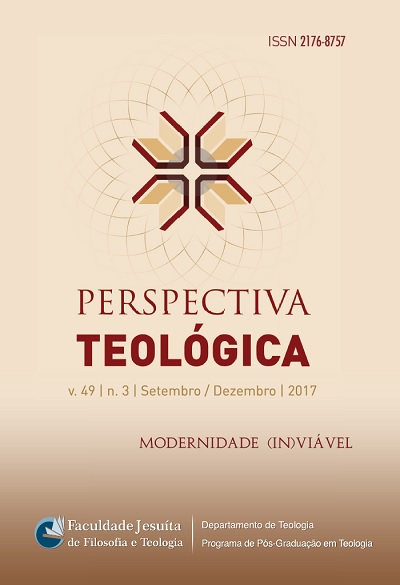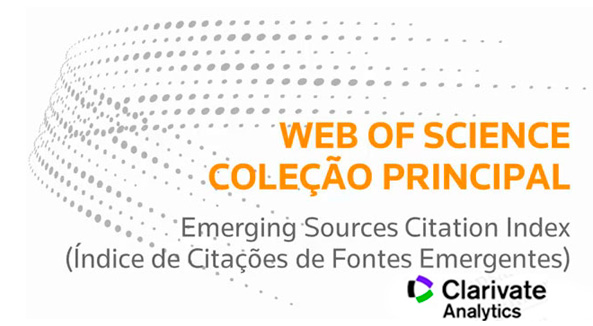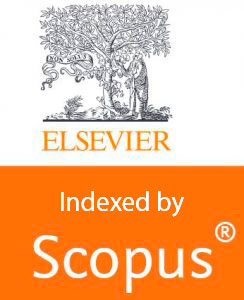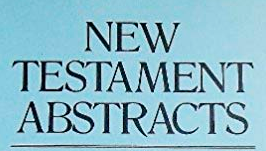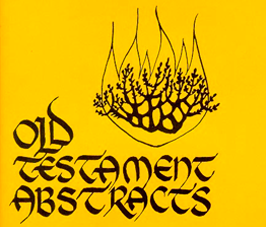RESURRECTION IN DEATH OR “LAST DAY”?: THE INTERMEDIATE STATE IN THE ESCHATOLOGICAL DISCUSSION OF THE 20TH CENTURY
DOI:
https://doi.org/10.20911/21768757v49n3p653/2017Abstract
This article deals with the issue which handled the Christian eschatoÂlogical debate in the twentieth century: the intermediate state. Belief in the existence of the intermediate state, while postmortal situation which exists between death and resurrection, is part of the Catholic theological heritage, Lutheran and Eastern churches. However, some protestant theologians and Catholics of the twentieth century criticized the intermediate eschatology (intermediate state, purgatory, the existence of a separate soul from the body etc.) because understood it as the result of a hellenization of the christian faith. Thus, with the aim of purifying the Christian faith hellenization and restore its biblical roots ended up defending the reduction of eschatological events at the time of death (resurrection, parousia, judgment, etc.). This thesis raised for lack of biblical foundation and the theological tradition, the critical reaction of some theologians and documents of the Catholic Church. In the basement of this eschatological debate is an indispensable element for theology: the existence of a spiritual principle, which ensures continuity and identity between the subject of historical existence and the final, which subsists between death and resurrection.
Downloads
Downloads
Published
How to Cite
Issue
Section
License
After the approval of the submitted text, the authors should send a signed letter of assignment of copyright, the model is available on the periodical's website.

